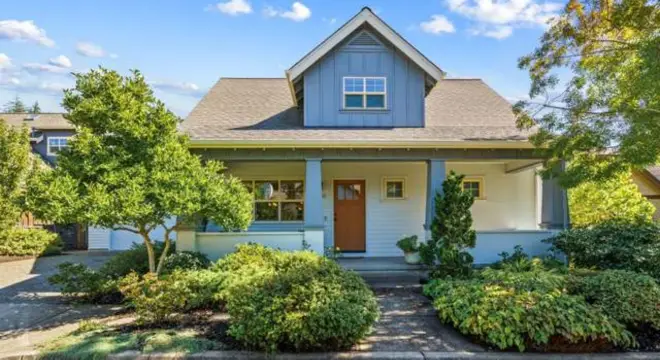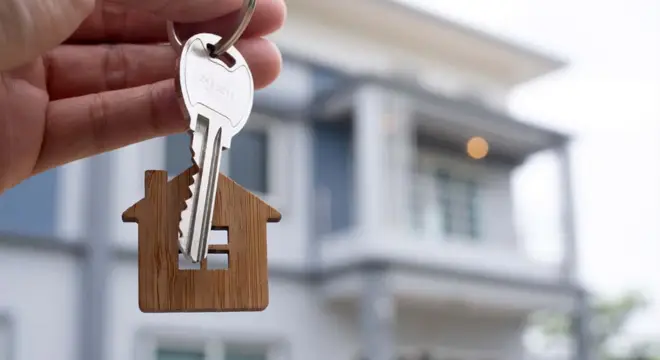7 Stories of Horrible Homes You Won’t Believe Were Hidden from Buyers
Buying a home is already one of the biggest decisions you’ll ever make — but what if that home comes with a past that’s, well, a little darker than most? Maybe there’s a tragic history, perhaps even a brutal murder. For some, this kind of dark history actually makes a property more appealing. I know, it sounds strange, right? But when you dig into the psychology behind it, there’s a surprising pull. People are drawn to these homes, intrigued by the mystery, and sometimes even fascinated by the idea of owning a piece of history, no matter how tragic.
You might be wondering, “Why would anyone want to live in a place with such a violent past?” Well, it’s not just about morbid curiosity. Some buyers see it as a challenge, an opportunity for a bargain, or even a way to embrace the unknown. If you’re considering a home with a checkered history, it’s essential to do your homework before you make an offer. In this article, I’ll show you exactly how to investigate a home’s past, so you know what you’re getting into — and whether it’s really worth the risk.
Let’s get started with the first step: understanding why people are still drawn to homes with such dark histories.
Why People Buy Homes with Dark Past: Exploring the Psychological Appeal
Have you ever wondered why some people are actually drawn to homes with a violent or tragic history? It’s a bit perplexing, but there’s a psychological reason behind it. People tend to be fascinated by the macabre — the darker side of life that most of us would rather avoid. It’s almost as if the story behind a house, especially one with a brutal past, gives it a unique mystique.
Psychologists suggest that this attraction stems from our natural curiosity and a desire to understand what makes a place—or a person—tick. We crave stories that challenge our perceptions of normality and life. There’s something about a house with a dark history that compels us to dig deeper, almost like we’re trying to uncover the mystery that lies within the walls. It’s not just a house; it becomes a story we want to be a part of, however twisted it may seem.
- Curiosity and the Need for Control: People are often drawn to dark stories because they offer us a sense of control over the unknown. By knowing the story, we feel like we can handle the “danger” that might be tied to it.
- The Thrill of the Unknown: Experts also believe that the attraction to dark histories, including homes where violent events have taken place, taps into our thrill-seeking side. It’s like watching a scary movie — you know you’re safe, but you’re still drawn to the adrenaline rush of the unknown.
The idea of owning a house that holds so much history, even if it’s filled with tragedy, can feel like owning a piece of something bigger than yourself. It’s not for everyone, but for some, it’s precisely the reason why they might be drawn to make an offer.
Step 1 – Check Local News Archives for Violent Events or Murders
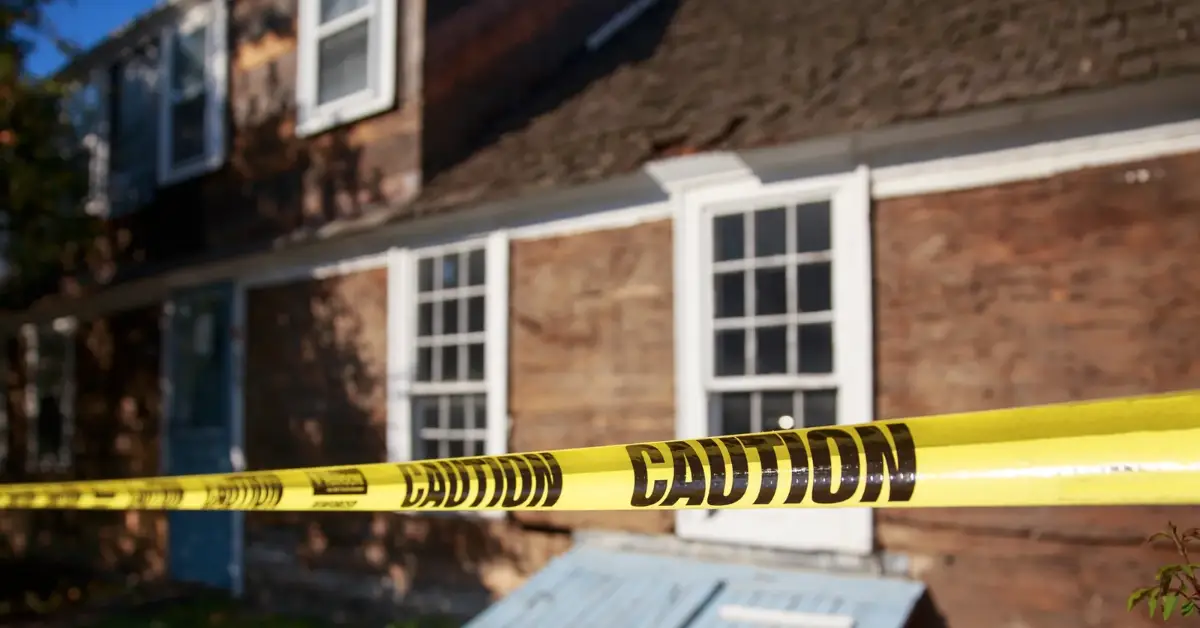
So, you’re interested in a house that might have a dark past. The first step is simple: you need to check the local news archives to see if there have been any violent events or murders linked to the property. This is the most straightforward way to begin your investigation and ensure you’re not walking into a nightmare you weren’t prepared for.
- Why It’s Important: Local news outlets often provide the most reliable and immediate information on violent events that have occurred in a specific area. If a tragic event has happened on the property, chances are, it made its way into the local news, and you should know about it.
- Actionable Tip: Most local newspapers and news stations archive their stories online. Start by visiting the websites of local news outlets or databases like NewsBank to search through their archives. Many news outlets offer free or paid access to past reports on events, including crimes or accidents.
- What to Look For: Check for any mentions of incidents like murders, suicides, or unexplained deaths related to the property. Sometimes, a quick search of the address or neighborhood name will bring up news stories tied to these events.
By doing your research, you’ll be able to either confirm or rule out a dark history, ensuring that you aren’t blindsided later on. If you find nothing, that’s a relief. But if you do uncover something sinister, you’ll be grateful you checked.
When you’re investigating the history of a home, it’s also important to understand the legal requirements that may come with disclosing deaths or violent events. In California, for example, homeowners are legally required to disclose deaths on the property. If you’re looking for more information on this legal necessity, check out Why You Must Disclose Deaths in Your House in California.
Step 2 – Research Property Records for Prior Owners and Any Legal Issues
When you’re buying a house with a dark past, it’s essential to dig into its ownership history. Property records can tell you a lot about the home’s previous owners, any legal disputes, and if there were any court cases tied to the property. This is your first line of defense against hidden complications that might not be obvious during the initial walk-through.
- Why It’s Important: Researching the ownership history is key to understanding if the home has any unresolved legal issues. For instance, if the previous owner had a lawsuit tied to the property, it might affect your ability to make changes or sell the house in the future.
- Actionable Tip: You can start by checking property records on local government websites or trusted databases. Many counties or cities offer free access to property records online, where you can look up the deed history and any associated liens or disputes.
Step 3 – Visit the House’s Previous Owners or Neighbors for Firsthand Accounts
While legal documents and property records are important, nothing beats firsthand accounts from the people who lived there. Neighbors and previous owners can provide insight into a home’s past that you won’t find in any records. These personal stories can reveal hidden truths, like the atmosphere of the home or any events that never made the headlines.
- Why It’s Important: Sometimes, official documents leave out important details. Neighbors or former owners may know about issues like unusual occurrences, strange behavior, or even criminal activity that might have taken place but wasn’t officially reported.
- Actionable Tip: Reach out to former owners or neighbors through social media platforms like Facebook or Nextdoor. You can also ask your real estate agent to help connect you to these individuals. Be polite and ask open-ended questions about their experience in the house. You’d be surprised at the things people are willing to share.
Step 4 – Look for Public Records Related to Crimes, Deaths, or Suicides
For a truly thorough investigation, you need to dive into public records. These documents are usually the most reliable when it comes to verifying crimes, deaths, or suicides that may have occurred in or around the property. Whether it’s a death in the home or a local crime tied to the house, public records will give you the legally binding truth.
- Why It’s Important: Public records can give you detailed, factual information about what happened in or near the house. For example, a suicide or violent crime that happened on the property could impact your decision to buy it, not just from an emotional standpoint but also from a legal one.
- Actionable Tip: Access court or police department records by visiting local government websites or checking public databases. You can also search for reports at your local library or through national archives. Websites like the Library of Congress offer links to public records databases, which may include crime-related data.
Step 5 – Use Genealogy and Historical Websites for Home’s Background
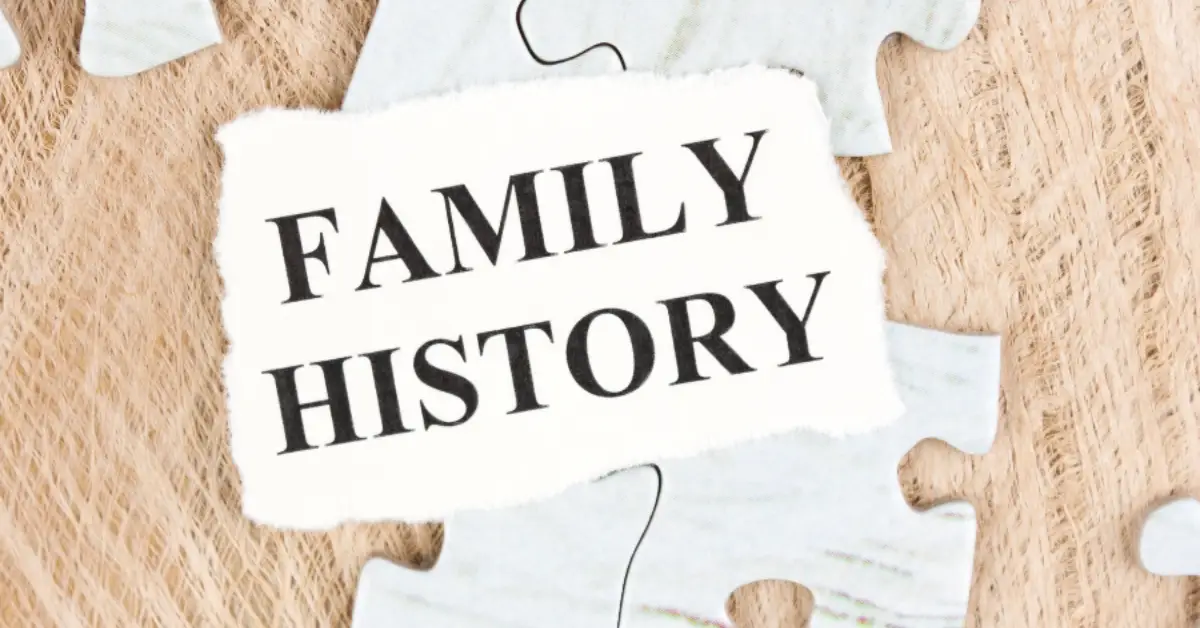
Sometimes, local news and legal records don’t give you the full story. If you’re looking to dive deeper into a home’s history, genealogy and historical websites can provide the background you need. These resources can reveal previous owners, significant events in the home’s timeline, and even its role in local history, giving you a much richer understanding of the property.
- Why It’s Important: Exploring a home’s history isn’t just about uncovering dark secrets; it’s about understanding its place in history. This can give you a sense of connection to the property, whether it was a site of historical events or part of a significant community development. For buyers who care about preserving history, these resources are gold mines.
- Actionable Tip: Use websites like Heritage Calling and FindMyPast to access detailed house histories. These platforms allow you to trace the ownership and historical context of a property, which is often impossible to uncover through basic public records.
While researching a home’s genealogy and historical context can uncover important information, some buyers also need to consider the broader implications of their investment, especially in terms of property safety. For example, the law has recently made strides to protect homebuyers from potential hazards like lead paint. If you’re concerned about potential health risks in older homes, check out Trump Signs New Law to Protect Homebuyers from Lead Hazards.
Step 6 – Check for Unexplained Phenomena or Paranormal Activity
For some, a house with a dark past doesn’t just mean tragic events — it could also involve unexplained phenomena or paranormal activity. Whether you’re a believer or a skeptic, knowing about a home’s haunted reputation (if it has one) could influence your decision. Plus, it’s a topic that taps into public curiosity, which can draw more interest to the property — both from a buyer’s and a seller’s perspective.
- Why It’s Important: Unexplained activity or paranormal reports can impact the emotional appeal of a house. Even if you’re not afraid of ghosts, knowing that a house has been subject to strange occurrences might affect your comfort level.
- Actionable Tip: Check for ghost stories or haunting reports on paranormal websites and community forums. Sites like Reddit often have threads where people share personal experiences with haunted properties. You can also search news outlets for stories about homes known for paranormal activity.
Step 7 – Assess the Home’s Market Price for Signs of a Discount
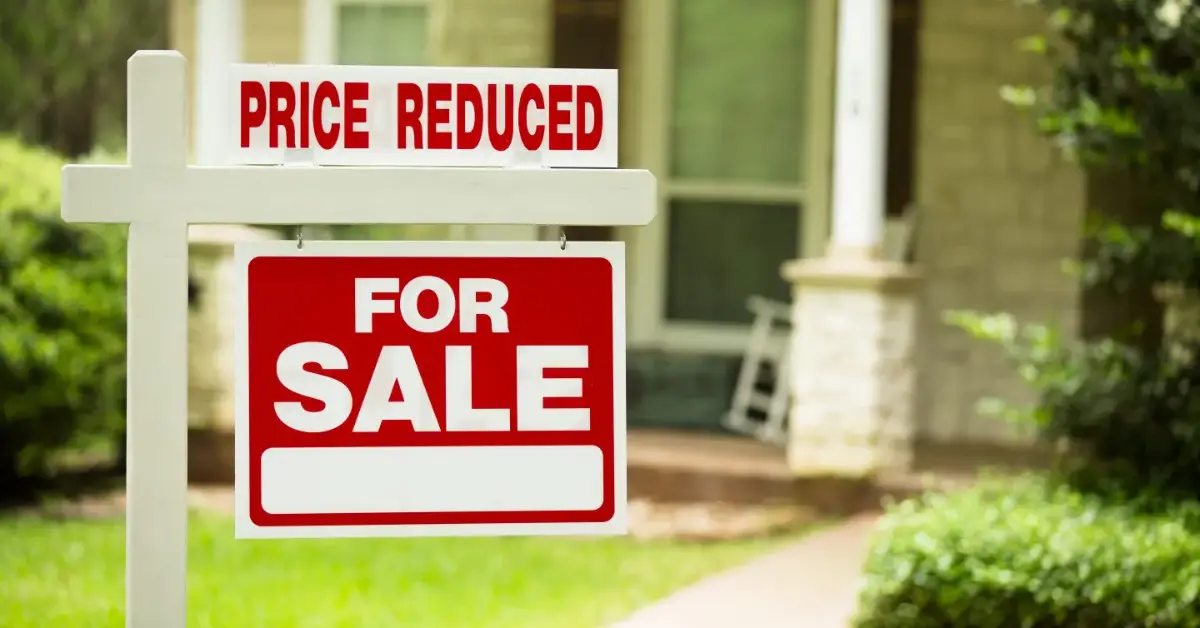
If you’re looking at a home with a violent or tragic history, one of the first things to consider is the price. Many homes with a dark past often come at a discount. But is that discount worth the potential risks? Here’s how you can evaluate if the price is genuinely a bargain or just a way to offload a property with hidden issues.
- Why It’s Important: Understanding how the market adjusts for homes with tragic or violent histories helps you make a more informed financial decision. Sometimes the reduced price can be an opportunity, but you need to weigh the emotional and financial costs before moving forward.
- Actionable Tip: Research recent sales of similar homes in the area to see if the home’s price has been adjusted due to its history. You can also consult a real estate agent to get a clearer picture of how much value the house has lost because of its past.
Understanding how the market adjusts for homes with dark histories is essential. Sometimes the reduced price is an opportunity, but you also need to consider local trends and regulations affecting the housing market. In fact, New Hampshire recently signed a law to expand affordable living options, which could influence home values and purchasing decisions. For more details, check out New Hampshire’s New Housing Law.
Conclusion – Weighing the Risk vs. Reward: Should You Buy a Home with a Dark History?
So, should you buy a home with a dark history? After diving deep into how to investigate a property’s past, it ultimately comes down to what you’re comfortable with. On one hand, uncovering the home’s history could reveal hidden gems of the past — or dark secrets that make you reconsider the investment. On the other hand, knowing exactly what you’re getting into gives you a chance to weigh the risks against the rewards.
Each of the steps we’ve covered — from researching legal issues to connecting with neighbors and diving into the house’s price — equips you with the knowledge to make a well-informed decision. Whether it’s the mystery of a haunted home or the potential for a bargain, your approach to buying a home with a dark past should be thoughtful and thorough.
What do you think? Would you consider buying a home with a dark history, or do you think the risks outweigh the reward? Share your thoughts or personal experiences in the comments below!
And if you’re looking for more tips on navigating the world of real estate, be sure to visit Build Like New for expert advice and resources to help you make the best decisions when buying or renovating a home.
Disclaimer: The information provided in this article is for general informational purposes only. Always consult with a licensed real estate professional or legal expert before making any decisions regarding property purchases or investments.

